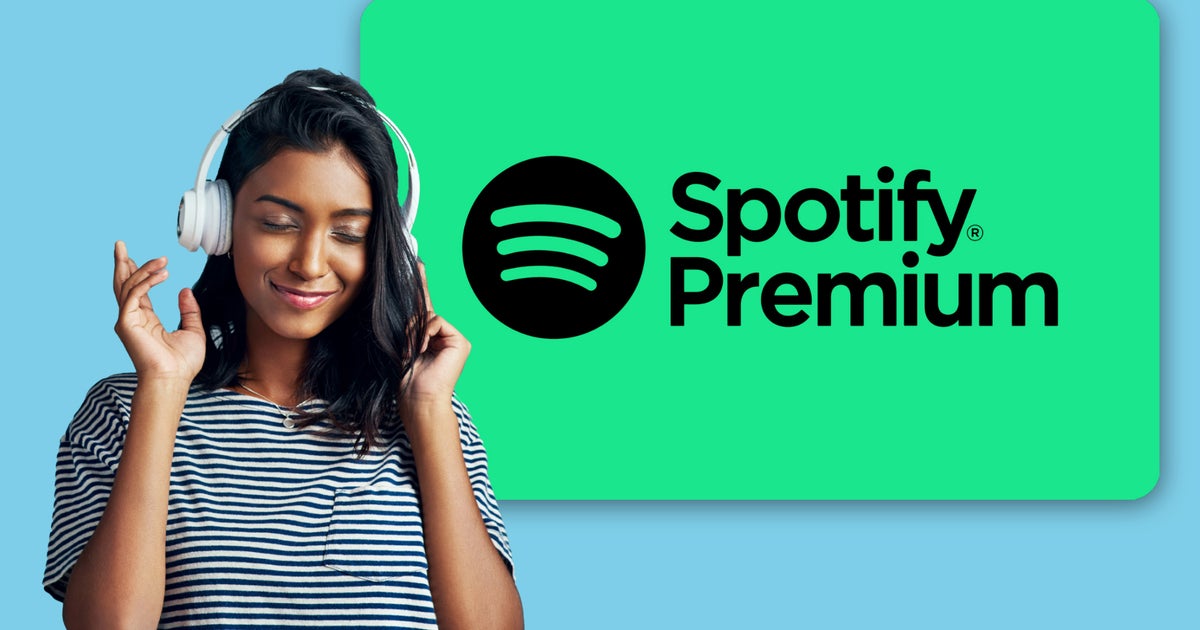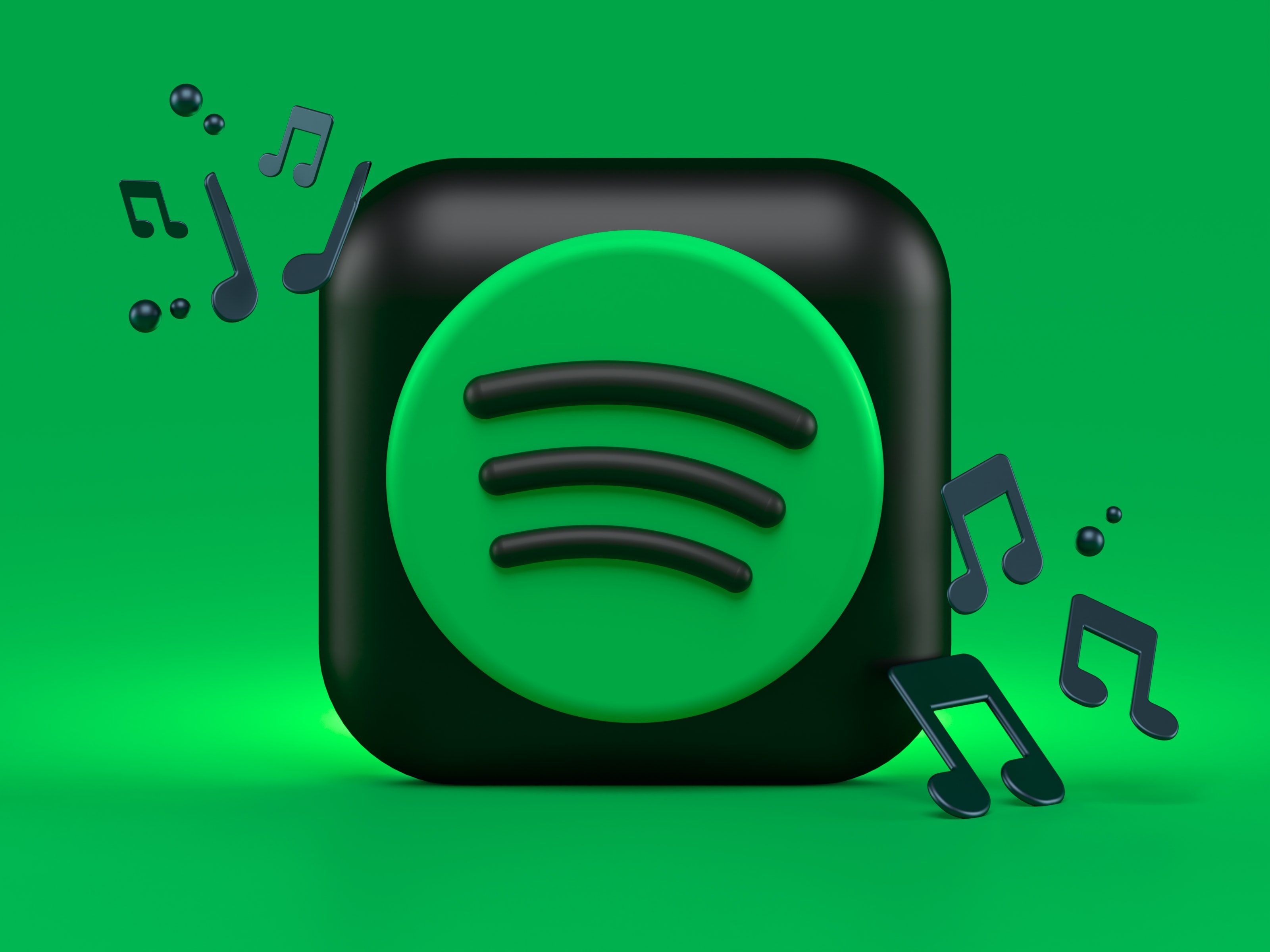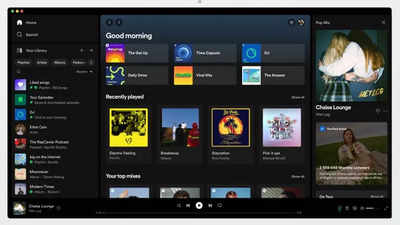Spotify: Revolutionizing the Music Industry
Spotify, the Swedish-born music streaming service, has transformed the way people consume music worldwide. Since its launch in 2008, Spotify has disrupted the traditional music industry model, offering users access to a vast library of songs and podcasts at their fingertips. In this exploration, we delve into the evolution of Spotify, its impact on the music industry, and the factors contributing to its success.
The Birth of Spotify
Spotify was founded in 2006 by Daniel Ek and Martin Lorentzon, with the vision of creating a platform that would provide legal access to music while combating piracy. The service officially launched in 2008, offering users the ability to stream music on-demand for free with advertisements or through premium subscription plans. From its humble beginnings in Stockholm, Sweden, Spotify quickly gained traction and expanded its reach to international markets, becoming one of the leading music streaming platforms globally.
Key Features and Functionality At the core of Spotify's success is its user-friendly interface, personalized recommendations, and extensive music library. Users can access millions of songs from various genres, artists, and albums, as well as curated playlists and podcasts tailored to their preferences. The platform's recommendation algorithms analyze listening habits, user preferences, and music trends to deliver personalized recommendations, discover new artists, and create customized playlists.
At the core of Spotify's success is its user-friendly interface, personalized recommendations, and extensive music library. Users can access millions of songs from various genres, artists, and albums, as well as curated playlists and podcasts tailored to their preferences. The platform's recommendation algorithms analyze listening habits, user preferences, and music trends to deliver personalized recommendations, discover new artists, and create customized playlists.
Spotify offers a range of subscription options to accommodate different user preferences and budgets. The free tier allows users to access ad-supported streaming with limited features, while premium subscription plans offer ad-free listening, offline playback, higher audio quality, and other premium features. Additionally, Spotify offers family and student plans at discounted rates, making it accessible to a broader audience.
One of Spotify's standout features is its collaborative playlist functionality, which allows users to create and share playlists with friends, family, and followers. This social aspect of music discovery encourages engagement and interaction among users, fostering a sense of community and connection within the Spotify ecosystem.
Impact on the Music Industry Spotify's rise to prominence has had a profound impact on the music industry, reshaping distribution models, revenue streams, and artist-fan relationships. Prior to the advent of streaming services like Spotify, the music industry primarily relied on physical sales, digital downloads, and radio airplay as revenue sources. However, declining sales of CDs and the rise of online piracy posed significant challenges to the industry's traditional business model.
Spotify's rise to prominence has had a profound impact on the music industry, reshaping distribution models, revenue streams, and artist-fan relationships. Prior to the advent of streaming services like Spotify, the music industry primarily relied on physical sales, digital downloads, and radio airplay as revenue sources. However, declining sales of CDs and the rise of online piracy posed significant challenges to the industry's traditional business model.
Spotify's subscription-based streaming model offers a new revenue stream for artists, labels, and rights holders, providing royalties based on the number of streams generated by their music. While the per-stream payout may vary depending on various factors, including subscription tier, country, and user engagement, Spotify has emerged as a significant source of income for many artists, particularly independent and emerging musicians.
Furthermore, Spotify's data-driven approach to music curation and recommendation has democratized access to listenership data, empowering artists and labels to gain insights into audience demographics, listening habits, and geographic trends. This data-driven approach enables artists to connect directly with fans, identify target markets, and optimize promotional strategies to maximize reach and engagement.However, Spotify's impact on the music industry has also sparked debates and controversies surrounding issues such as artist compensation, royalty rates, and market dominance. Critics argue that the streaming model disproportionately benefits major labels and established artists, while independent and niche musicians struggle to earn a livable income from streaming royalties alone. Additionally, concerns have been raised about the perceived devaluation of music as a commodity and the concentration of power within the hands of a few tech giants in the streaming landscape.
Challenges and Future Outlook
Despite its rapid growth and widespread adoption, Spotify faces various challenges and uncertainties as it navigates an evolving music industry landscape. Competition from rival streaming services, such as Apple Music, Amazon Music, and YouTube Music, poses challenges to Spotify's market dominance and subscriber retention efforts. Additionally, regulatory scrutiny and legal disputes related to copyright infringement, licensing agreements, and antitrust concerns present ongoing challenges for Spotify and the broader streaming ecosystem. Moreover, the COVID-19 pandemic has disrupted live music events, festivals, and touring opportunities, impacting artists' income streams and altering consumer behavior. While streaming consumption surged during periods of lockdown and social distancing, the long-term implications of these shifts on music consumption patterns and revenue models remain uncertain.
Moreover, the COVID-19 pandemic has disrupted live music events, festivals, and touring opportunities, impacting artists' income streams and altering consumer behavior. While streaming consumption surged during periods of lockdown and social distancing, the long-term implications of these shifts on music consumption patterns and revenue models remain uncertain.
Looking ahead, Spotify continues to innovate and diversify its offerings to stay competitive and adapt to changing consumer preferences. The company has expanded its focus beyond music streaming to include podcasting, audiobooks, and other audio content, aiming to position itself as a leading destination for all forms of audio entertainment. Investments in original content, exclusive releases, and podcast acquisitions further reinforce Spotify's commitment to diversifying its content library and attracting new users.
In conclusion, Spotify has revolutionized the music industry by democratizing access to music, empowering artists, and reshaping consumer behavior. With its user-friendly interface, personalized recommendations, and extensive music library, Spotify has become a dominant force in the global music streaming landscape. Despite facing challenges and uncertainties, Spotify remains poised for continued growth and innovation as it seeks to redefine the future of audio entertainment.
Challenges and Future Outlook In addition to its expansion into podcasts and other audio content, Spotify has been investing in technology and innovation to enhance user experience and differentiate itself from competitors. Artificial intelligence and machine learning algorithms play a crucial role in powering Spotify's recommendation engine, enabling the platform to deliver personalized content tailored to each user's tastes and preferences. As these technologies continue to evolve, Spotify aims to further refine its recommendation algorithms and enhance content discovery capabilities to keep users engaged and satisfied.
In addition to its expansion into podcasts and other audio content, Spotify has been investing in technology and innovation to enhance user experience and differentiate itself from competitors. Artificial intelligence and machine learning algorithms play a crucial role in powering Spotify's recommendation engine, enabling the platform to deliver personalized content tailored to each user's tastes and preferences. As these technologies continue to evolve, Spotify aims to further refine its recommendation algorithms and enhance content discovery capabilities to keep users engaged and satisfied.
Furthermore, Spotify's global expansion strategy has been a key driver of its growth, with the platform now available in over 90 countries worldwide. By entering new markets and catering to diverse cultural preferences and music tastes, Spotify has been able to tap into previously untapped audiences and expand its user base. This global reach also presents opportunities for artists to reach international audiences and connect with fans around the world, transcending geographical boundaries and cultural barriers.
However, expansion into new markets also comes with its own set of challenges, including localization, licensing agreements, and regulatory compliance. Each market presents unique cultural, legal, and economic factors that must be taken into account when launching and operating a streaming service. Additionally, competition from local incumbents and regional players may pose challenges to Spotify's market penetration efforts, requiring strategic partnerships and localization initiatives to gain a foothold in new territories.
As Spotify continues to evolve and innovate, it faces pressure to address concerns surrounding artist compensation, royalty rates, and equitable distribution of revenue within the music industry ecosystem. While streaming has emerged as a significant revenue source for many artists, particularly in the wake of declining physical sales and concert revenues, disparities in payouts between major labels and independent artists persist. Spotify has taken steps to address these concerns by introducing features such as Spotify for Artists, which provides artists with tools and insights to manage their profiles, track performance metrics, and engage with fans. Moreover, Spotify has been exploring alternative revenue streams and business models to supplement its subscription-based model and diversify its revenue sources. Initiatives such as branded playlists, sponsored content, and targeted advertising present opportunities for Spotify to generate additional revenue while enhancing user engagement and monetizing its platform. By leveraging its vast user base and rich data insights, Spotify can offer targeted advertising solutions to advertisers and brands looking to reach specific demographics and audiences.
Moreover, Spotify has been exploring alternative revenue streams and business models to supplement its subscription-based model and diversify its revenue sources. Initiatives such as branded playlists, sponsored content, and targeted advertising present opportunities for Spotify to generate additional revenue while enhancing user engagement and monetizing its platform. By leveraging its vast user base and rich data insights, Spotify can offer targeted advertising solutions to advertisers and brands looking to reach specific demographics and audiences.
In conclusion, Spotify's journey from a scrappy startup to a global music streaming powerhouse is a testament to the transformative power of technology and innovation in the music industry. By embracing change, adapting to evolving consumer preferences, and leveraging data-driven insights, Spotify has revolutionized the way people discover, consume, and engage with music and audio content. As it continues to expand its reach, diversify its offerings, and address challenges facing the industry, Spotify remains at the forefront of shaping the future of audio entertainment for audiences worldwide.




































